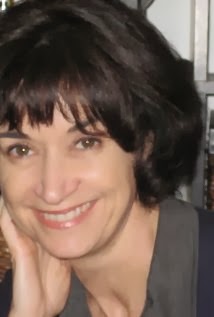The answer to these and similar questions involves backing up quite a bit when it comes to the process of creating a new script. It demands that you know your characters inside and out before you attempt going into draft--what makes them tick, what specific milestone events have emotionally shaped their lives and how, and in what ways have they been involved with the main issue of the story that the future script is going to focus on--meaning knowing thoroughly their involvement with life in the past, before they first enter the action of your tale.
Subtext is that baggage--emotions, memories, and relationships--that every character is carrying with them as they enter your story. And if your story is a good one, it will create its own ways that that baggage is felt and exploited as your characters face the dilemmas placed before them. How they behave in certain moments of crisis or accusation, how they relate to other key individuals, how they respond to a sexual advance, and on and on.... And much of this behavior is nonverbal and very subtle. A silence when a question is asked. A hand going for that third drink when a certain topic is broached. A shift in tone or volume in a character's speech. These are well-crafted signals good writers constantly weave into their work and that point the audience to that subterranean place where the real story is continually percolating.
One of the masters at this is Harold Pinter. His work is a study in the dynamic use of subtext. Here's what he has to say about the famous silences in his plays: "There are two silences. One when no word is spoken. The other perhaps when a torrent of language is being employed. This speech is speaking of a language locked beneath it. It is a necessary avoidance, a violent, sly, anguished or mocking smoke screen which keeps the other in it's place. When true silence falls we are still left with the echo, but are nearer nakedness. One way of looking at speech is to say that it is a constant stratagem to cover nakedness."
That nine-tenths under the surface.
*
*
* *
I'm the
Program Director of the low-residency MFA in Writing for Stage and Screen being offered by the New Hampshire Institute of Art. Our next residency runs January 3-11, 2015
and we are currently accepting applications for starting the program at the
following residency that runs June 19-28, 2015.
I'm also a playwright and screenwriter, producing partner in my
production company Either/Or Films (The Sensation of Sight and Only
Daughter), and a professional script
consultant.



.JPG)



